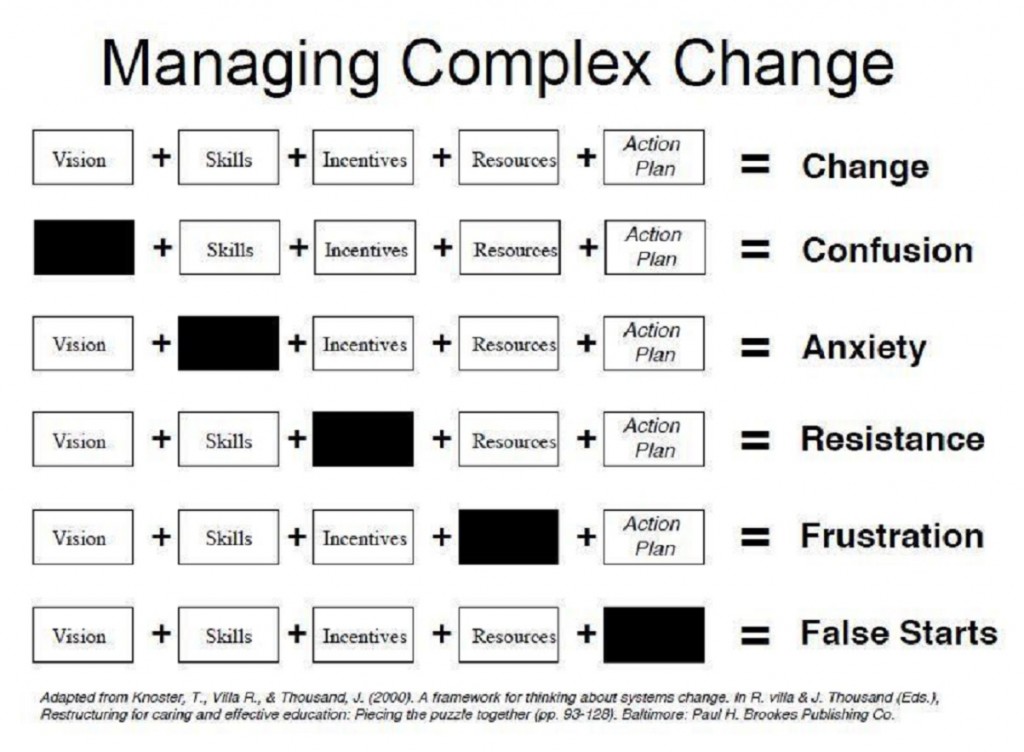We’re living in a period of unprecedented change, we need to embrace long-term thinking, not abandon it.
I have heard it said recently that there is no point in developing a five-year digital strategy. At worst, proponents of this view suggest we place our faith in agile thinking. At best they suggest that we need to constantly iterate strategy and take a shorter-term view.
Neither of these positions is entirely wrong. But, faith in agile thinking can often masquerade as lazy, directionless, and reactive, thinking. And I feel that good strategy is inherently capable of surviving change. Indeed, that’s precisely why it is necessary in the first place
So let’s get one thing straight. As much as the pace of change is bewildering, there is one constant we can rely on. The future is always just around the corner. Vision and strategic thinking are vital to success – we must prepare for the future and try to understand how we might fit into it.
No doubt we will need to be agile and adjust our tactics as we implement our strategy. Measurement and feedback must influence our direction of travel, and sometimes fundamentally alter it. But none of this should prevent us from developing and committing to a coherent long-term vision and strategy.
We do not need a crystal ball to have a long-term strategy. The trends that will impact our organisation’s near term future are already established. We have a rough idea of where things are going, even if the fine detail remains ambiguous.
And we’re blessed with imaginative people to fill the gaps. Authors, film-makers, scientists, and technologists, all feed new ideas into our collective subconscious. Such thinking might be far-fetched, but it inspires innovators, and inventors, to emulate it. The future rarely deviates too far from the expected path.
With that in mind, there are things we can do, and invest in. Positive actions that will create advantage for our organisations as the competitive environment evolves. Organisations must take a bet on the right mix of people, skills and competencies. The long-term view is essential when making decisions on systems, infrastructure, and technology. Adopting a wait and see mentality is perilous. You risk being ill-prepared for the inevitable and slow to adapt to new opportunities.
We should have more faith in our understanding of the future. And use the knowledge and information we have available to set a clear path towards it. Preparing for the unknown may be less complicated than you might think.

